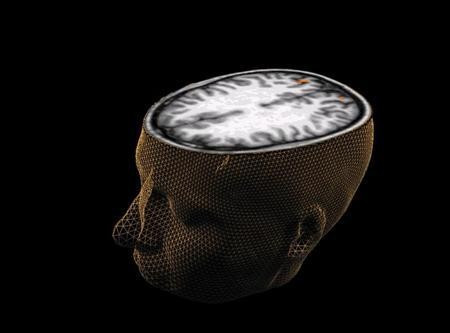Tweaking Drug Abuse Memories May Keep Addicts From Relapse - Study

Manipulating the memories associated with drug use are the best way to erase those memories from the reformed addicts, suggests a new report.
We can get away with several bad habits like drug addition, smoking and drinking by manipulating one's memory, according to the Peking University researchers. They are of the opinion that by rewriting original memory one would forget the drug addiction.
"It's a fantastic and fascinating study, involving very well controlled experiments in both rats and humans, and they got such dramatic results," Nature journal quoted Liz Phelps, neuroscientist at the New York University, as saying.
Usually therapies to cure addiction involve showing drug cues to the addicts very often without actually giving patients the drug. Though it can break the link between cue and craving in the clinic, it might not always help in the real life.
Researchers had conducted the experiment on more than 60 heroin addicts for 80 days. Among them 22 participants had not taken the drugs from past 11 years.
Among the 60, half of the group was exposed to a short video about the drug use, when the participants had viewed the video their past memory was activated after the video. The participants were also taken to extinction sessions where they interacted with more cues of heroin use, including handling fake heroin.
Meanwhile, the other group was initially shown short video of the countryside followed by drug-related visuals. The video only showed the closed window.
Researchers found that those participants who had their memory window "opened" by a visual trigger experienced drug-related cues 10 minutes later and they had low drug carving compared to the others.
Researchers claim that repeated treatment procedures will help drug addicts from relapsing in the long term. This procedure may also be effective for treating conditions such as post-traumatic stress disorder.
"I'm quite excited by this research. Full clinical studies are needed, but it could be really important for treatment of addiction," BBC quoted Dr Amy Milton, researcher at the University of Cambridge, as saying.
"There is no theoretical reason it couldn't apply to other addictions such as alcohol. That's obviously very exciting," she added.
© Copyright IBTimes 2025. All rights reserved.




















